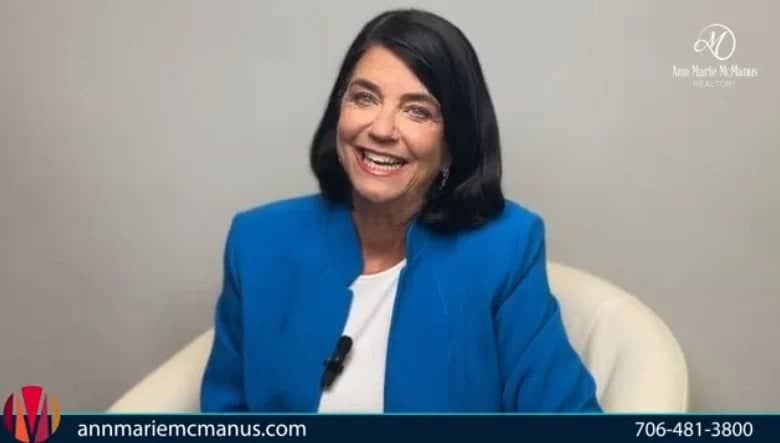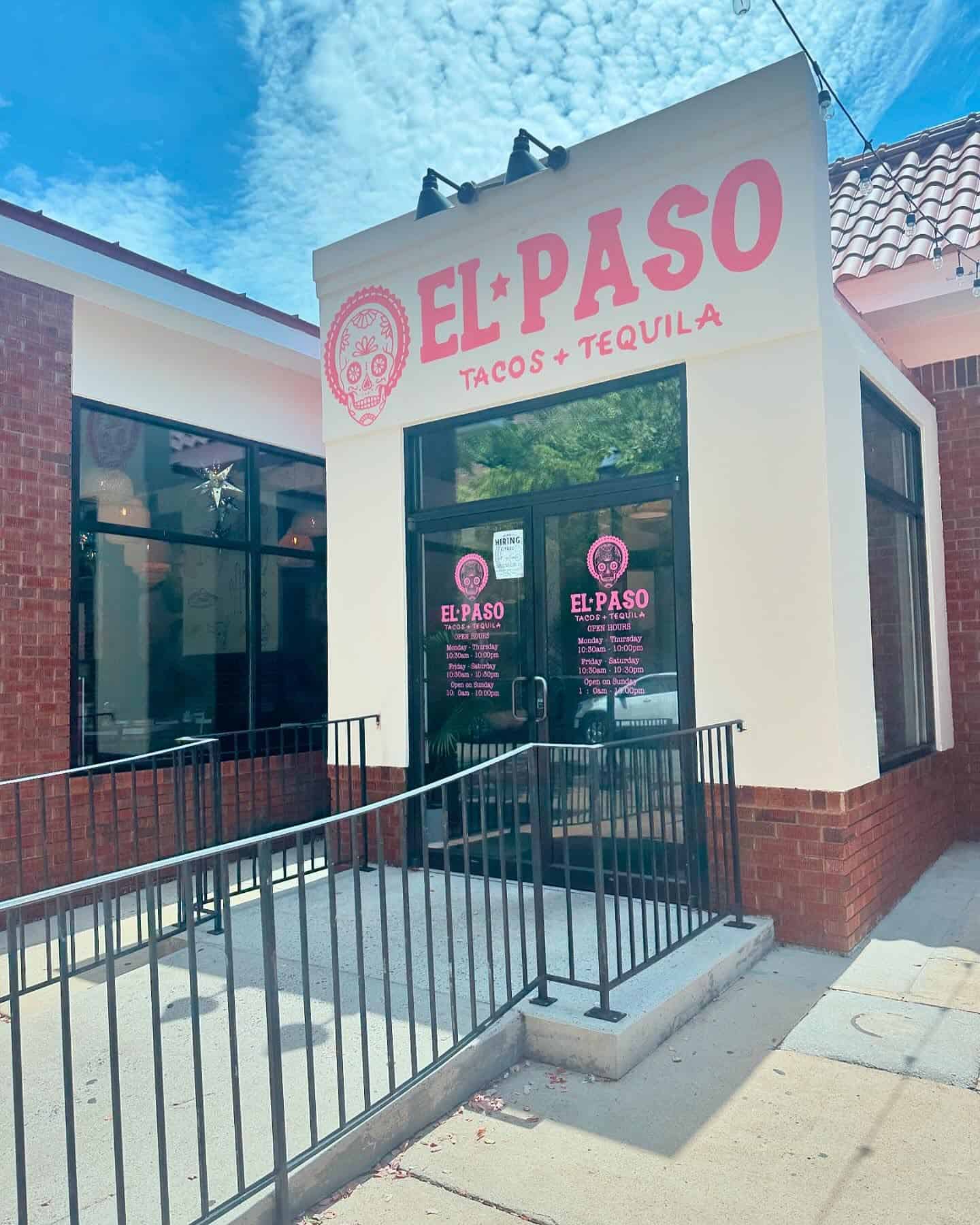
All the way from Medora, North Dakota, the 26th President is coming to town. On April 10, he will be speaking at noon, at St Paul’s Church in downtown Augusta. Joe Wiegand is the performer–he looks like, dresses like, speaks like, and performs like the first president named Roosevelt.
Ranked near the top of our very best presidents, Theodore Roosevelt can teach us much about decision-making, leadership, and long-range planning. Let’s spend a few minutes examining his life and legacy.
When President William McKinley was assassinated in 1901, Vice President Roosevelt was elevated to the presidency. At age 42, he was the youngest to reach that exalted position. Here are a few of his many talents. Let’s all try to learn from them.

Speaking style
- He did not use notes or any charts or any visual aids.
- He spoke loudly so everyone in the audience could hear his message.
- There was great animation in his body language.
- In order to be seen, he would often stand on a chair or on a table.
I wish some of the speakers I hear would follow his pattern of speaking—for too many, it is “Death by Power Point.”
Making direct contact with people
When president, each January, he would host more than 8,000 citizens at the White House. Roosevelt would shake the hand of each one. Two lines would form. Using both hands he would greet folks on both sides. Modern presidents shake hands with less than 8,000 people in a year. Roosevelt hit that number in 8 hours in one day.
Staying to fine shape
He would swim across the Potomac River on a regular basis. He often boxed in the White House with a skilled boxer.

Writing and publishing his ideas.
Hiring a talented staff
A good example was Augusta native, Major Archibald Butt. He was an officer, journalist, and aide to presidents, Roosevelt and William Howard Taft, an Augusta native.

Taking risks
When he sent the Great White Fleet on a round-the-world voyage, the trip was not fully funded. To get the fleet home, the Congress had little choice—the funding was found.
Thinking and planning strategically
He fully understood that America was destined to be the most powerful nation in the world. He made decisions which enhanced American influence. The two most important: building the Panama Canal and the Roosevelt Corollary to the Monroe Doctrine.
Since I am interested in a good turnout for the lunch and performance on April 10th, I would like you to be my guest at the Kiwanis lunch. But I must know by no later than Monday, April 3. Please email me at genpsmith@aol.com. The first ten folks to contact me will get a free lunch and a fine performance.

While your lunch will be free, if you wish to compensate me, send a check to the Augusta Museum of History, 560 Broad Street, Augusta Ga. 30901. The funds will support the upcoming Jimmie Dyess Symposium on January 11, 2024.
The symposium was created and developed to recognize Marine Lieutenant Colonel Jimmie Dyess’s courage as both a citizen and a service member of the United States and to identify others who have shown similar valor or made civic contributions above and beyond the call of duty.










